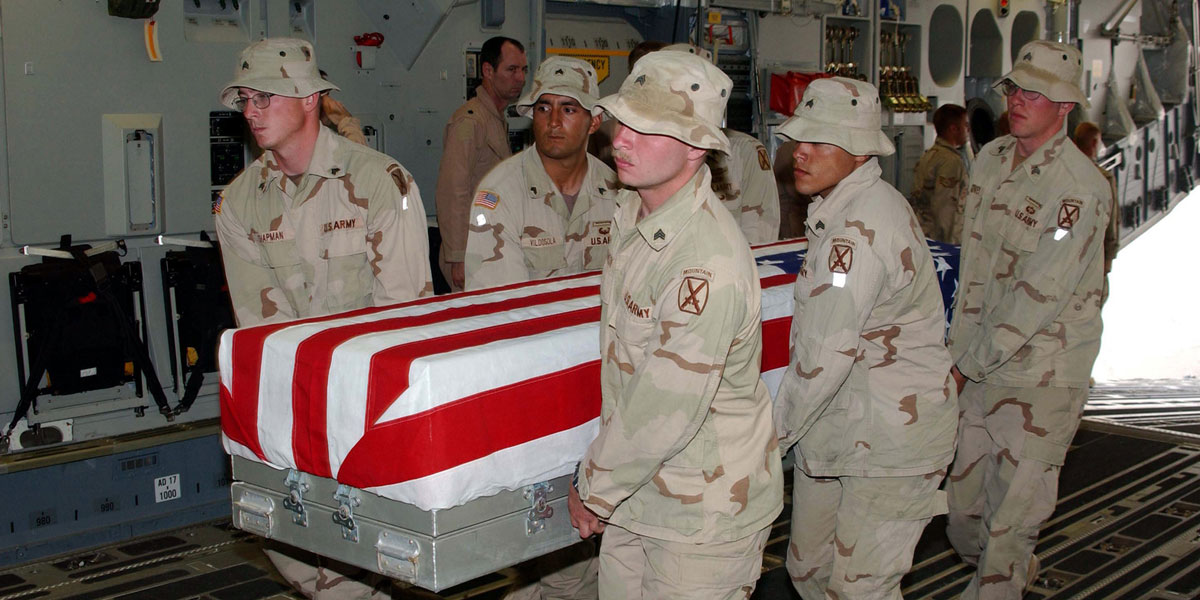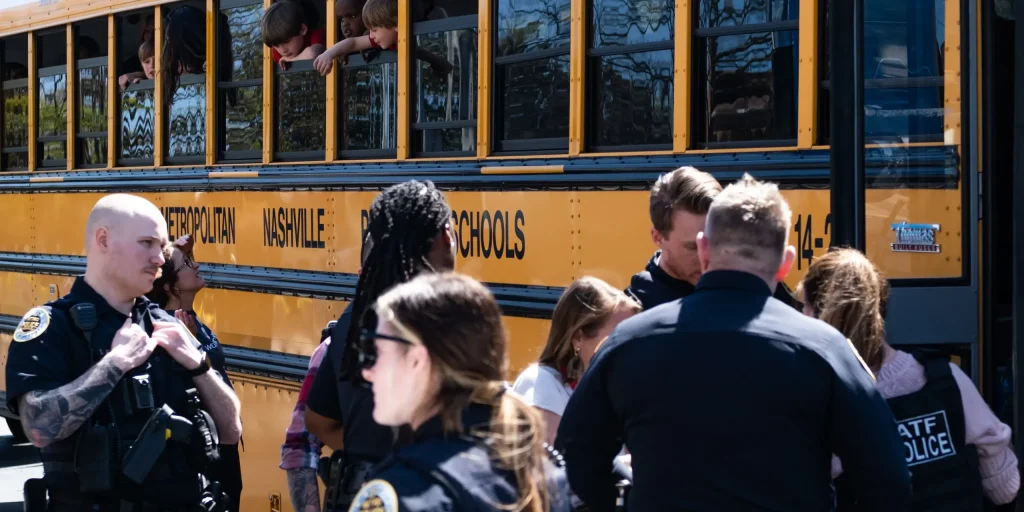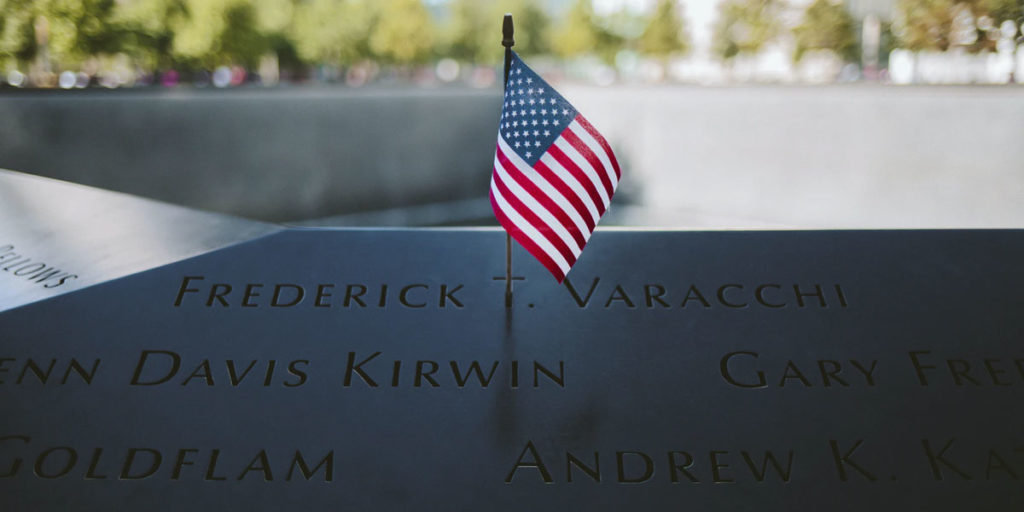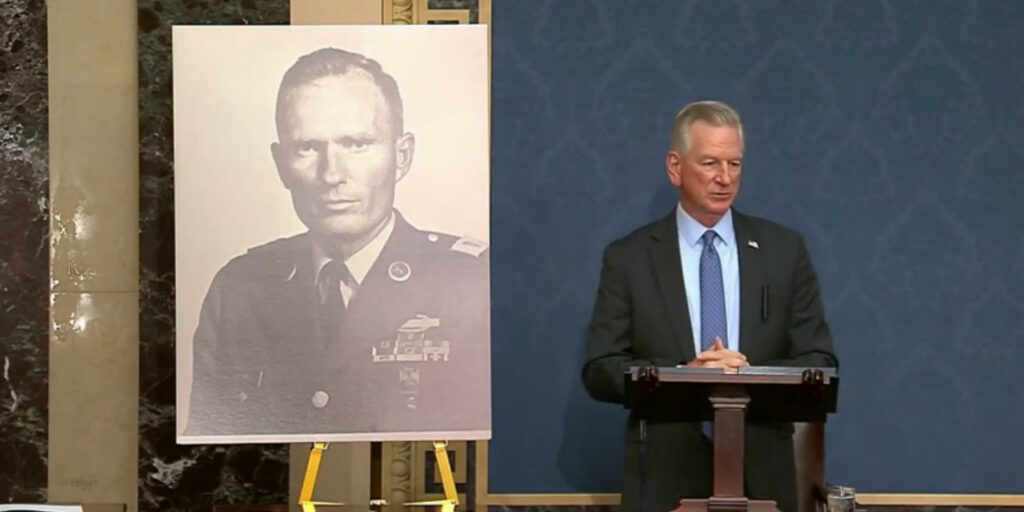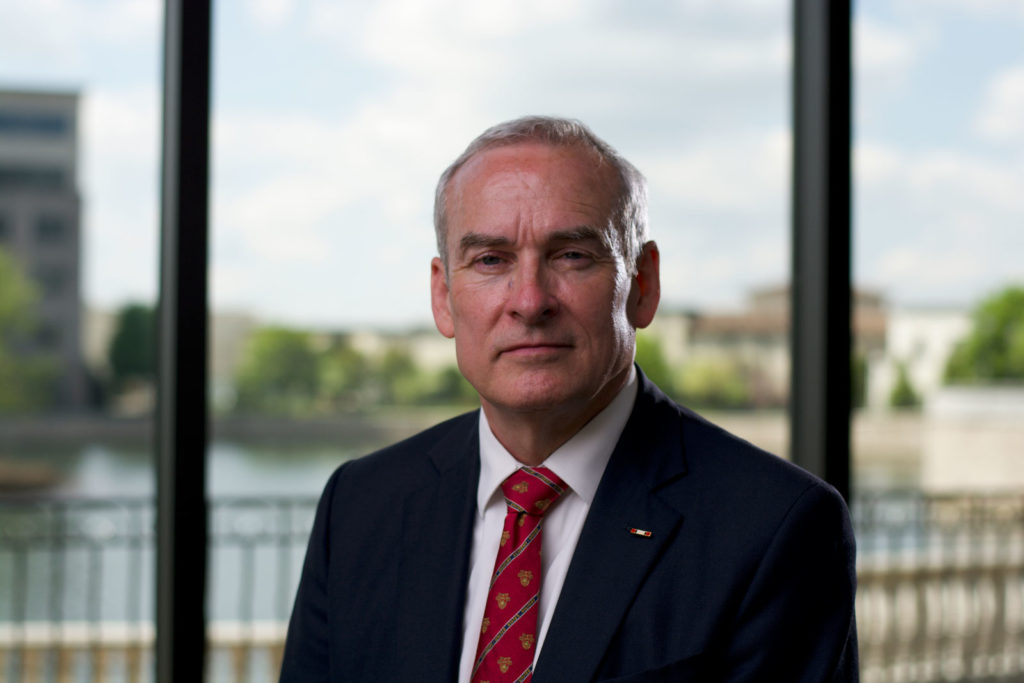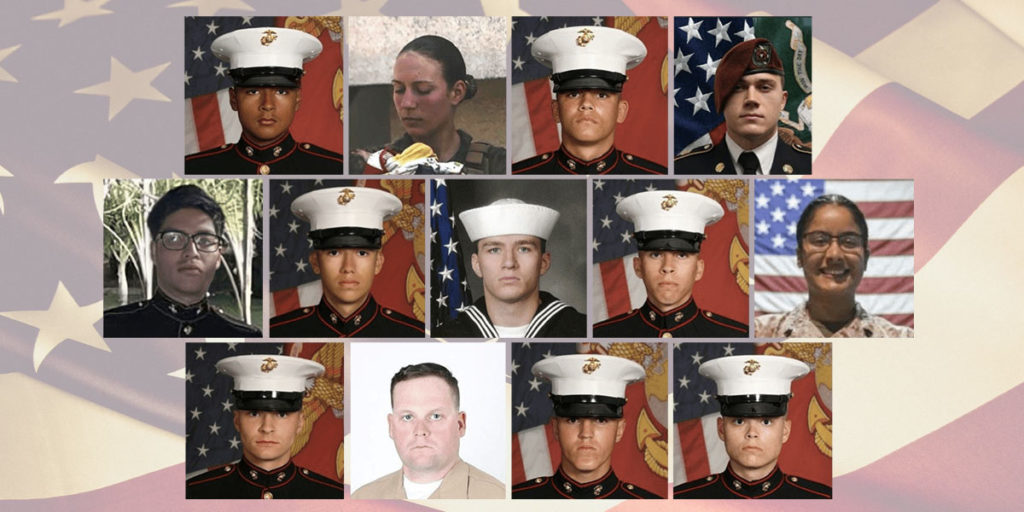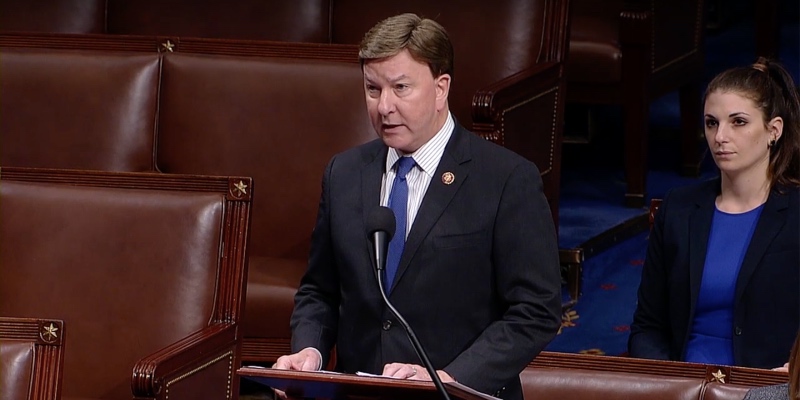On the morning of September 11, 2001, I remember my first-grade teacher telling us there had been a plane crash in New York City. After school, I went to a friend’s house where we watched the footage of the planes hitting the towers along with the smoke rising from the Pentagon and the final resting place of Flight 93 in Pennsylvania.
At that age, I did not truly understand the implications of those events, but I do remember them. It’s just something you don’t forget.
Years later, I remember sitting in my high school algebra class when the superintendent’s voice came over the school’s intercom system. He announced that Thomas Rivers, a Marine, a graduate of our high school, and friend of my brother, had been killed in Afghanistan.
I remember attending his funeral. Despite having grown up in an era of constant war in Afghanistan and the Middle East, this was the first time I truly felt the sadness that has plagued so many in our nation over the last 20 years. Again, it’s just something you don’t forget.
In addition to Thomas Rivers, over 100 service members from Alabama have given their lives in service to their country in Afghanistan. Hundreds if not thousands more have been injured in combat, and these numbers do not account for the American intelligence officers and diplomats also killed and injured in America’s longest war. T
hese unknown numbers include the first American killed in Afghanistan, Mike Spann, who was a CIA paramilitary officer from Winfield, Alabama.
While much less is public about the intelligence community’s efforts during the war, I can testify to the patriotism and selflessness of the thousands of American intelligence officers who served silently – often in some of the darkest and most dangerous corners of the country.
In my career, I have had the honor to know and work with many American heroes who have served in Afghanistan. When I worked on Capitol Hill, the halls of Congress were filled with military fellows and staffers who had served in the war. Some of them remain close friends and mentors of mine, having taught me innumerable lessons about national security – and life – and I’ll be forever grateful for their service.
During my time in the intelligence community, many of my colleagues had served in Afghanistan, either as intelligence officers or through prior service in the military. While on rotation at the joint staff, I regularly participated in a daily briefing for senior Pentagon leaders where we would “go around the world” briefing intelligence on various geographic accounts.
While my account did not include Afghanistan, it was rare that my briefing was not preceded or followed by a briefing on the latest intelligence and analysis on the war. I could always tell when the briefer had served in Afghanistan. They just sounded different. More passionate and more invested. They always stayed professional, but you could tell it was personal to them.
Even now in the private sector, I continue to meet veterans and former intelligence officers who served in Afghanistan and make me even prouder to be an American. Even outside of the military and government, many of these individuals have remained in contact with their brothers and sisters in arms, including for some their Afghan interpreters and partners from the war.
These last few weeks have been especially hard for them, although there have been moments of ultimate relief when they learned that their friends had made it out of Afghanistan safely.
Those reading this article probably have many of the same experiences as me. They come fresh to the mind whenever you hear mention of the war, 9/11, or the withdrawal. They’re incredible Americans who you just don’t forget.
And now, despite our politics, we need to be there for those that sacrificed so much for us. This is particularly true for those, like me, who never stepped foot in Afghanistan. We don’t know or understand what they have been through, but we can have their backs in whatever way they need.
Reach out to your friends and family who served in the war. Thank them for their service, for their sacrifice, and for the safety they have provided us for the last 20 years. Tell them their service made a difference – because it truly did. Tell them our nation is forever indebted to their service – because we truly are. And, probably most importantly, carry their service as a lesson. Live every day in honor of those who never came home from Afghanistan.
It’s just something we can’t forget.
Jake Proctor is a former intelligence officer at the Defense Intelligence Agency and previously held staff and defense policy positions for U.S. Senators Jeff Sessions (R-AL), Luther Strange (R-AL), and Joni Ernst (R-IA). He currently works in business development at software company in Washington, D.C., focusing on the company’s intelligence community and defense work. He is a Birmingham native and graduate of the University of Alabama and the U.S. Air Command and Staff College.




